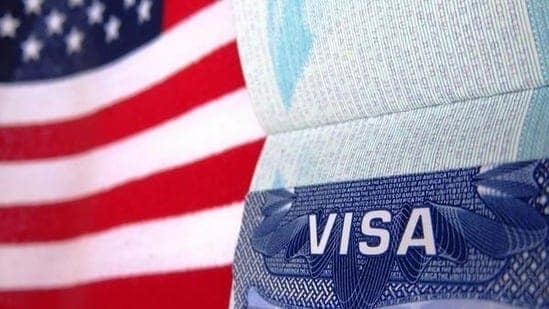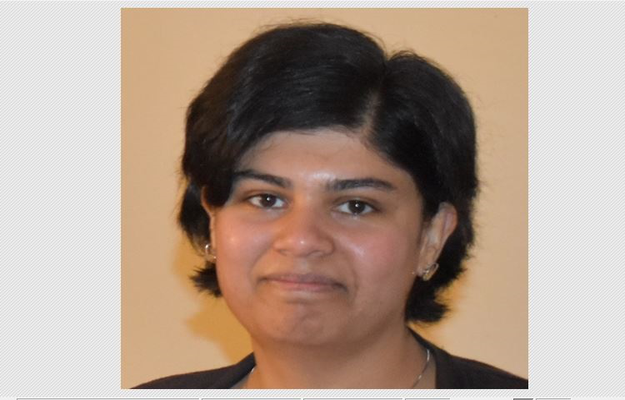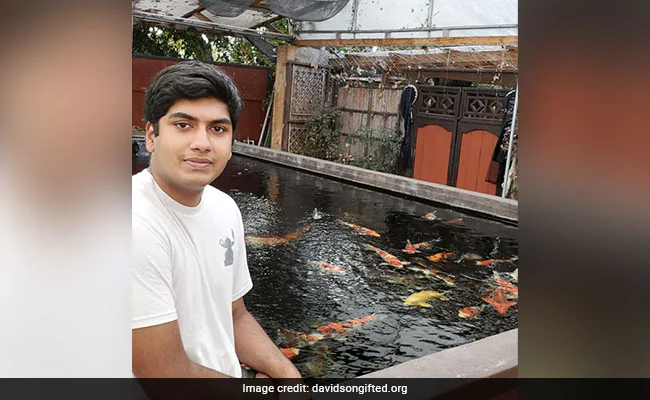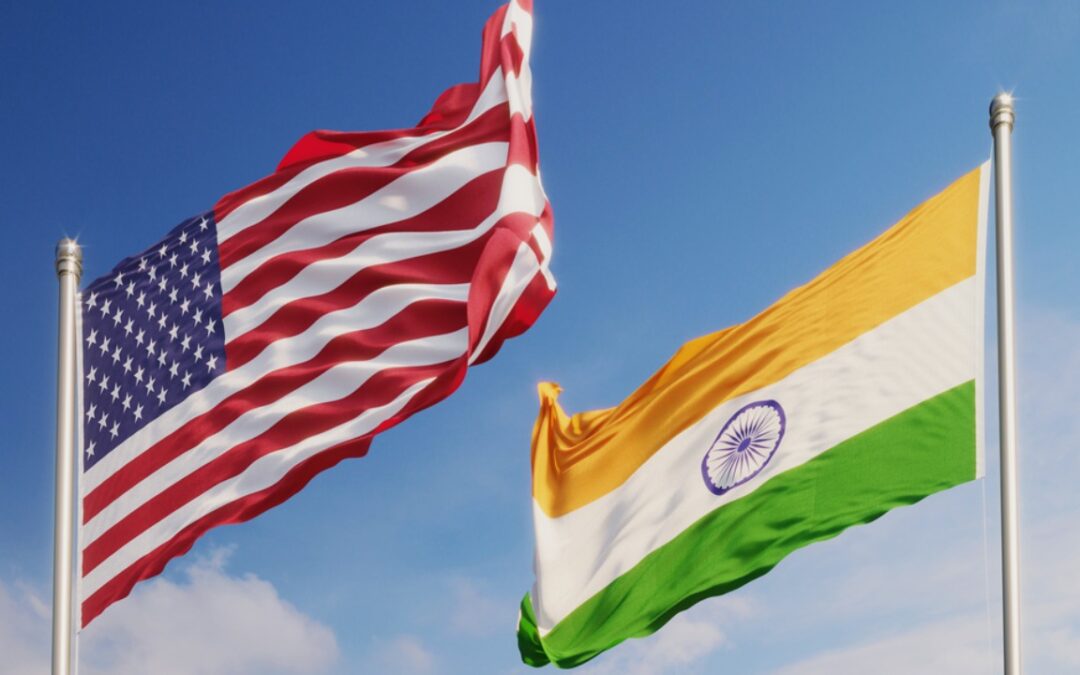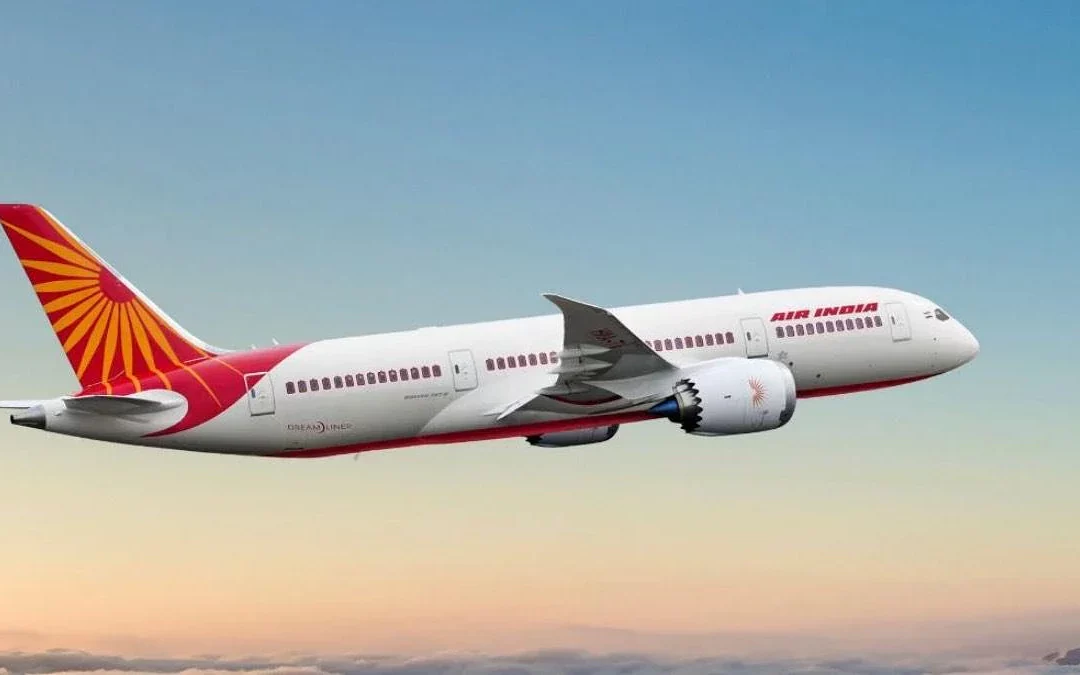
US Orders Air India To Pay $1.4 Million For Delay In Providing Refunds For Cancelled Flights
Reading Time: 2 minutes
The United States government on Monday ordered Air India to pay $1.4 million (Rs 11.36 crore) as penalty for extreme delays in providing refunds to passengers due to the cancellation or change in flights, mostly during the pandemic.
Air India is one of the six airlines fined by the United States Department of Transportation for failing to provide timely refunds to passengers after flights were cancelled or significantly changed. The Tata group-owned airline has paid $121.5 million (Rs 985.57 crore) as refunds for flight cancellation.
Besides Air India, the other airlines that were asked to pay penalties for delay in refunds include Frontier, TAP Portugal, Aero Mexico, EI AI, and Avianca.
Too many people have been waiting far too long for airline ticket refunds.
Our focus is on getting money back in people's pockets, and today’s enforcement actions will better ensure that the traveling public gets the refunds they are owed. ⬇️ https://t.co/OYhr7P1Cbz
— Secretary Pete Buttigieg (@SecretaryPete) November 14, 2022
The six airlines have paid $600 million (Rs 4,872 crore) in total as refunds, the Department of Transportation announced. The department has also assessed more than $7.25 million (Rs 58.8 crore) in civil penalties against the six airlines for extreme delays in providing refunds.
“With today’s fines, the Department’s Office of Aviation Consumer Protection has assessed $8.1 million (Rs 65.7 crore) in civil penalties in 2022, the largest amount ever issued in a single year by that office,” said the Department of Transportation.
“When a flight gets canceled, passengers seeking refunds should be paid back promptly,” said US Transportation Secretary Pete Buttigieg. “Whenever that doesn’t happen, we will act to hold airlines accountable on behalf of American travelers and get passengers their money back. A flight cancellation is frustrating enough, and you shouldn’t also have to haggle or wait months to get your refund.”
Under the United States’ law, airlines and ticket agents have a legal obligation to refund consumers if the airline cancels or significantly changes a flight to, from and within the United States, and the passenger does not wish to accept the alternative offered.
Air India took more than 100 days to process more than half of the 1,900 refund complaints filed with the Department of Transportation for flights that the carrier cancelled or significantly changed, reported PTI.

